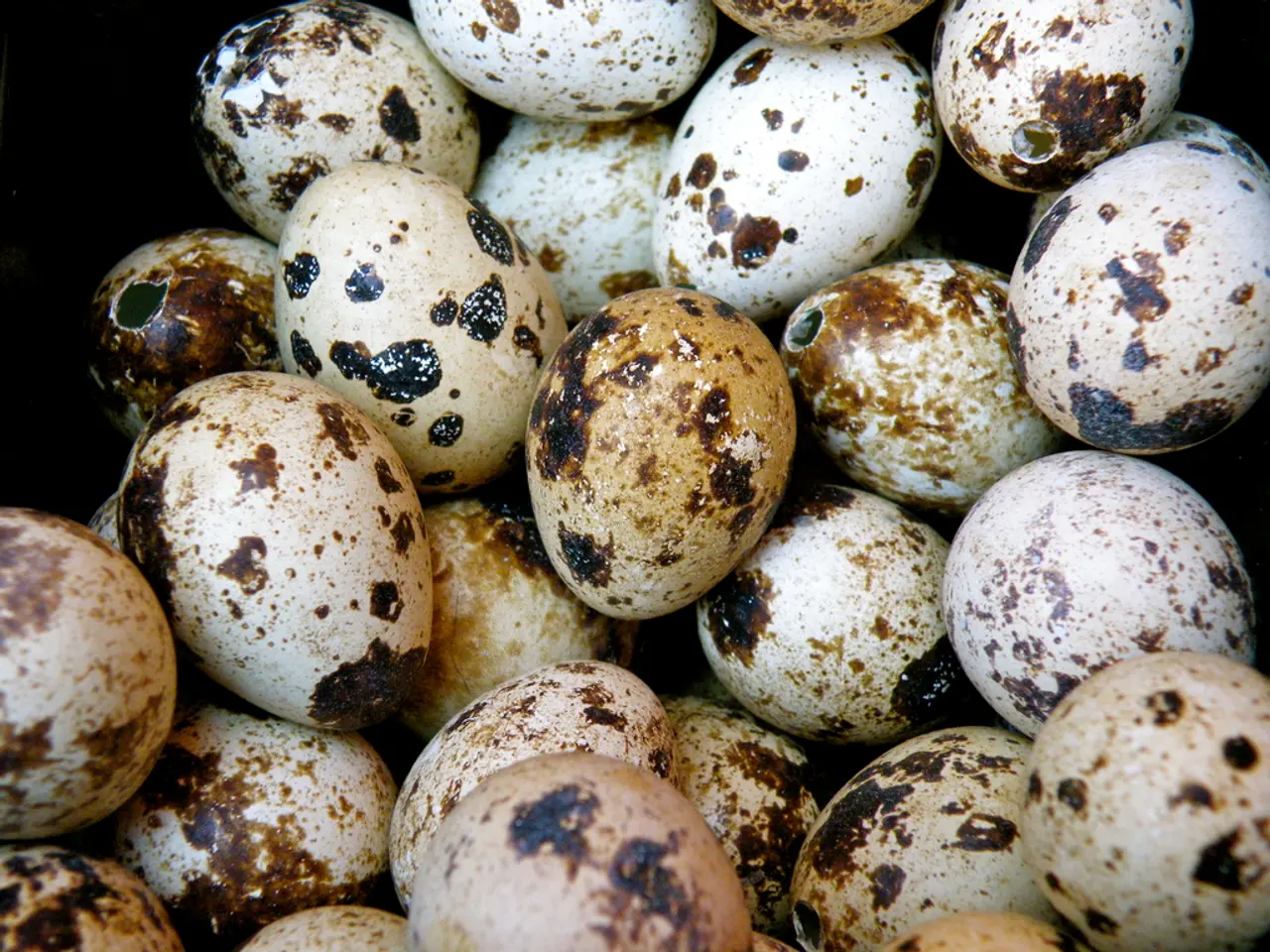Understanding the process and implications of egg freezing
In recent years, egg freezing has emerged as a popular choice for women who are delaying starting a family for personal reasons. This fertility preservation method, which was first approved by the American Society of Reproductive Medicine (ASRM) in 2012 for women undergoing toxic cancer therapies, has seen a significant increase in popularity.
The process involves hormonally stimulating the ovaries to mature multiple follicles. This is achieved through a series of hormone injections and ultrasounds. Approximately 34–36 hours after inducing ovulation, a minimally invasive vaginal ultrasound-guided needle aspiration is performed under sedation or light anesthesia to retrieve the eggs. These eggs can then be frozen (cryopreserved) for future use, avoiding the need for repeated hormone treatments and enabling fertility preservation, especially before treatments like chemotherapy.
Experts recommend freezing 15 to 20 eggs for each live birth, but it's important to note that egg freezing does not guarantee a baby. Instead, it offers the potential for having a baby at a later date. The latest approach to freezing, vitrification, has a higher egg survival rate than previous methods, increasing the chances of success.
The ideal time for women to freeze their eggs is before age 35, as fertility starts to decline after 30 and the rate accelerates after 35. Before age 35 is also viewed as the optimal time because that's when a woman's eggs tend to be healthiest.
Egg freezing has become a popular option for women who are delaying having children for personal reasons. However, a review of studies published in 2022 found that only 40 percent of people who froze their eggs for elective reasons and less than 10 percent who did for medical reasons went back to use their frozen eggs.
The cost of egg freezing can range from $5,000 to $17,000, depending on location. Some insurance plans now cover egg freezing as part of fertility services, making it more accessible for some women. Shared egg-freezing programs also help women with costs by donating some of their eggs to other women who can't use their own.
In 2022, a study found that the pandemic made many women ages 21 to 45 more open to considering egg freezing. This could be due to the uncertainty and disruption caused by the pandemic, leading women to reconsider their plans for starting a family.
It's worth noting that the egg-freezing process does not affect long-term fertility. In fact, egg freezing preserves a woman's fertility at her current age, preventing the decline in egg quantity and quality that occurs naturally as women age.
Since 2012, the number of elective egg freezing procedures in the U.S. has increased by 39 percent from 2019 to 2021. This trend is expected to continue as more women explore this option to preserve their fertility and plan for future families.
However, problems can occur at any phase of the process of using frozen eggs, requiring women to freeze many eggs each time. Despite this, egg freezing offers a valuable opportunity for women to take control of their fertility and plan for their future families.
Read also:
- Deer in Canada Threatened by "Zombie Ailment," Hunters Potentially Endangered
- In Development: Hospice Within Reach - In-patient facility in Herford progresses
- Specialist in Brain Sciences stationed in Visakhapatnam
- Humanity Finds Itself in the Midst of a Significant Evolutionary Shift, According to Recent Research






